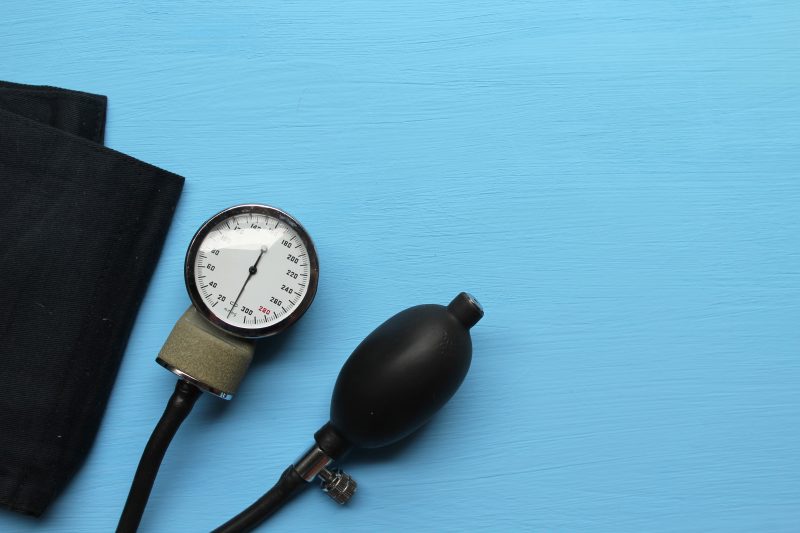High blood pressure, also known as hypertension or HBP, occurs when the force of blood pushing against the walls of blood vessels (arteries), as your heart pumps blood, is consistently too high. We are able to gauge blood pressure by taking a blood pressure reading. Blood pressure readings are written like a fraction with one number over the other. The top number represents what we call systolic pressure. Systolic pressure refers to what is happening as your heart is beating. The second number refers to diastolic pressure. This number refers to how much pressure your blood is exerting against your artery walls while the heart is resting.
The American Heart Association recognizes five blood pressure categories: normal blood pressure, elevated blood pressure, hypertension stage 1, hypertension stage 2, and hypertensive crisis. Normal blood pressure is a reading of below 120/80. Recently, the American College of Cardiology released new guidelines for high blood pressure. Blood pressure reading between 120/80 and 129/80 is what’s deemed elevated blood pressure, and a reading of 130/80 or above is considered high blood pressure.
High blood pressure primarily causes harm to the body by increasing the workload of the heart and blood vessels, which results in them working less efficiently. While HBP is often associated with no symptoms, if left undetected or uncontrolled, it can lead to a number of other health problems. HBP is a leading cause of stroke, heart attack, and a risk factor for heart disease. It can also cause kidney problems, vision loss, and sexual dysfunction.
If you or someone you love is suffering from high blood pressure and looking for new treatment options, studies are enrolling now in your local area that may help. Research doctors are evaluating new treatment options and qualified participants may have access to potential new HBP treatments. Participants often receive care from board-certified physicians and other medical staff, and may receive compensation for time and travel expenses. To learn more about these studies and to see if you qualify CLICK HERE.

